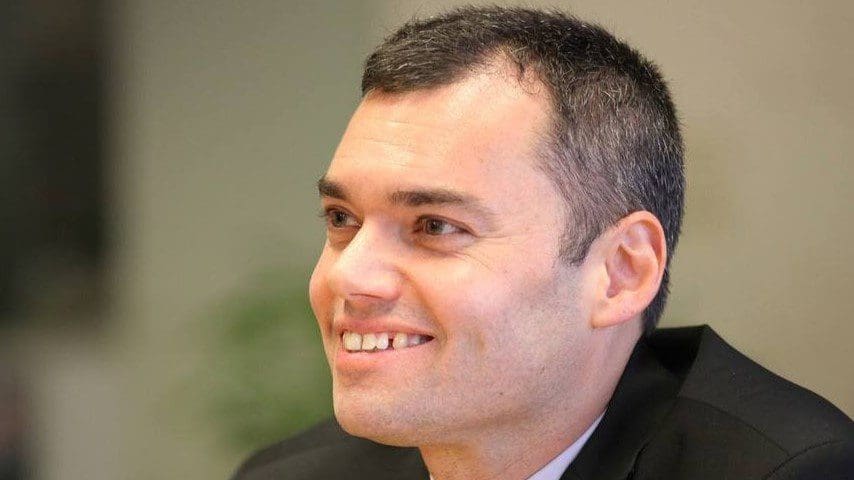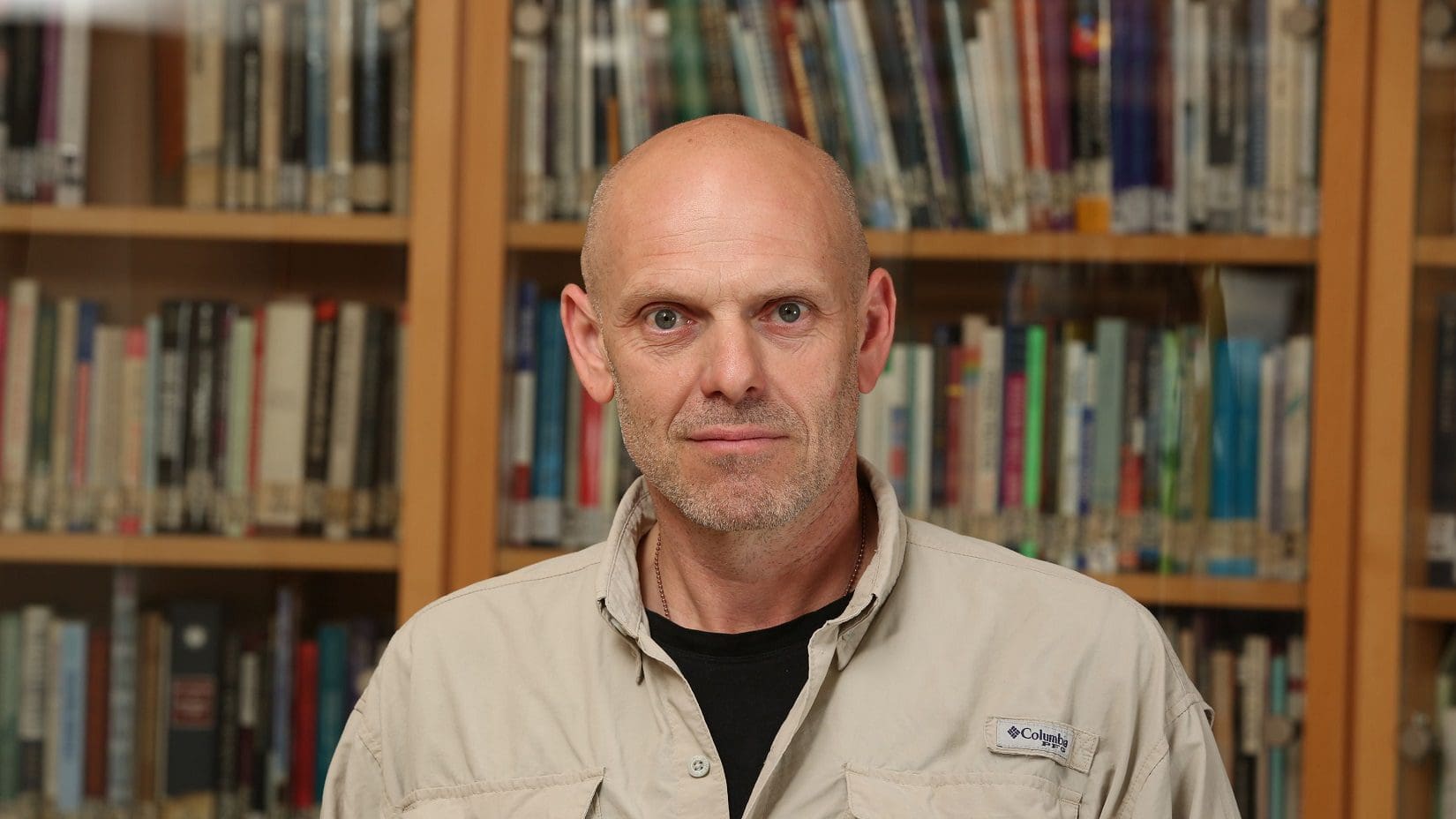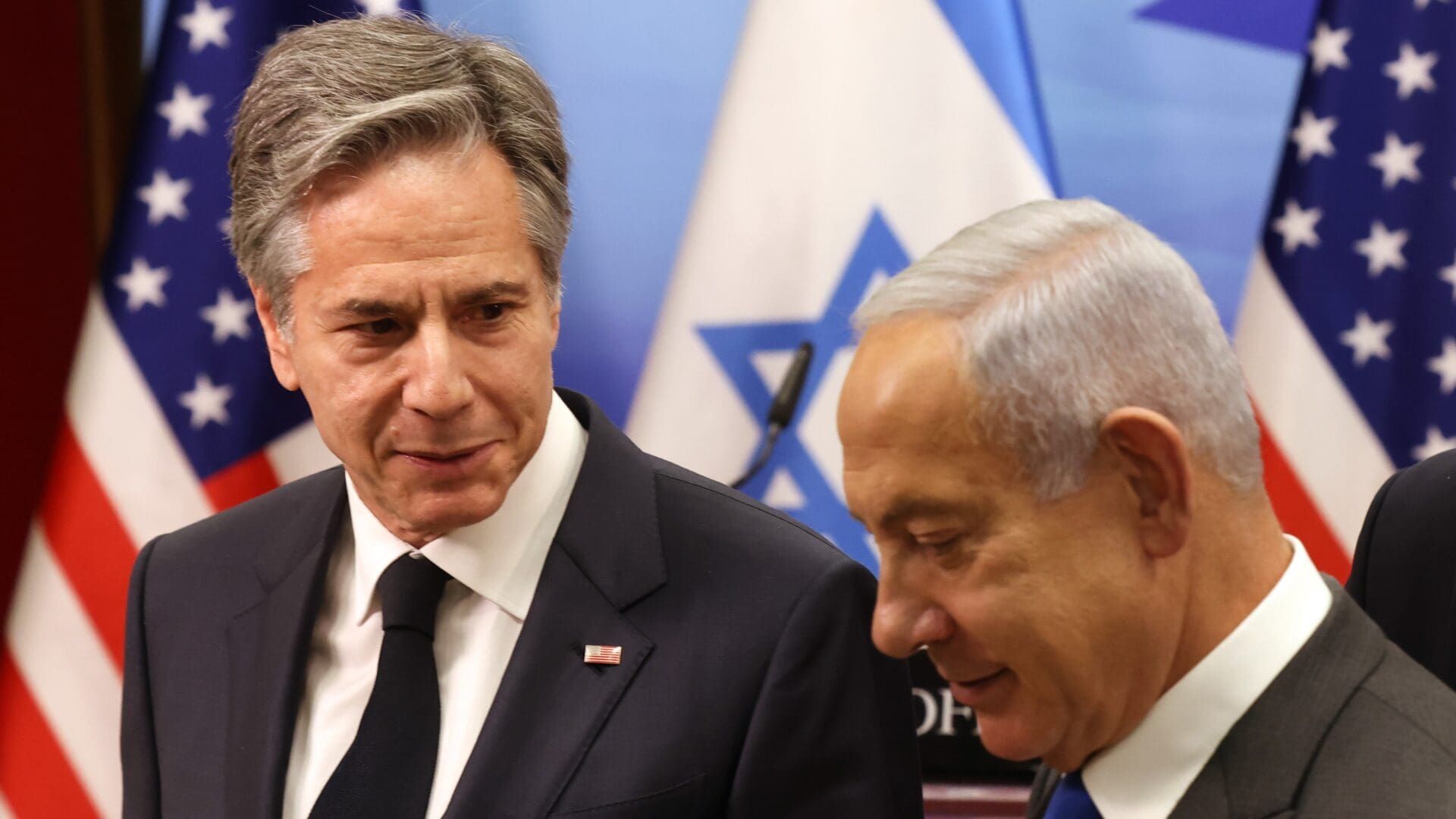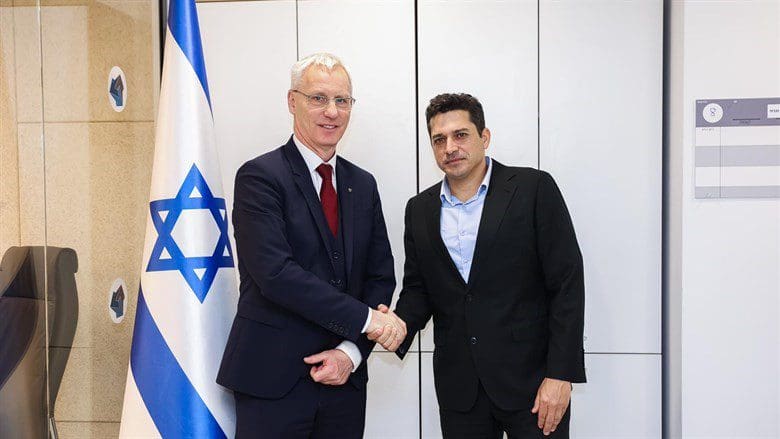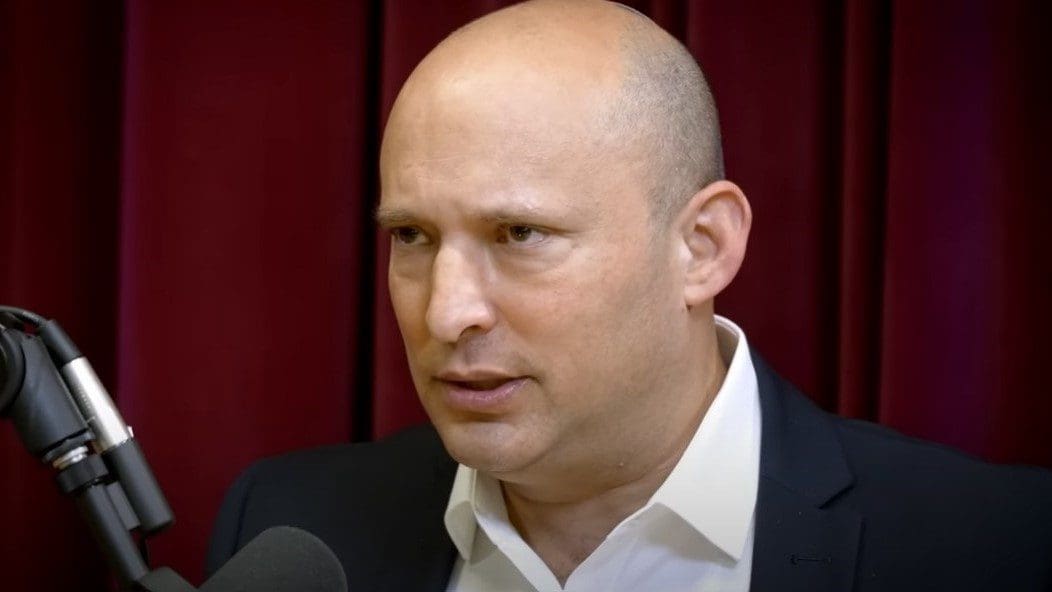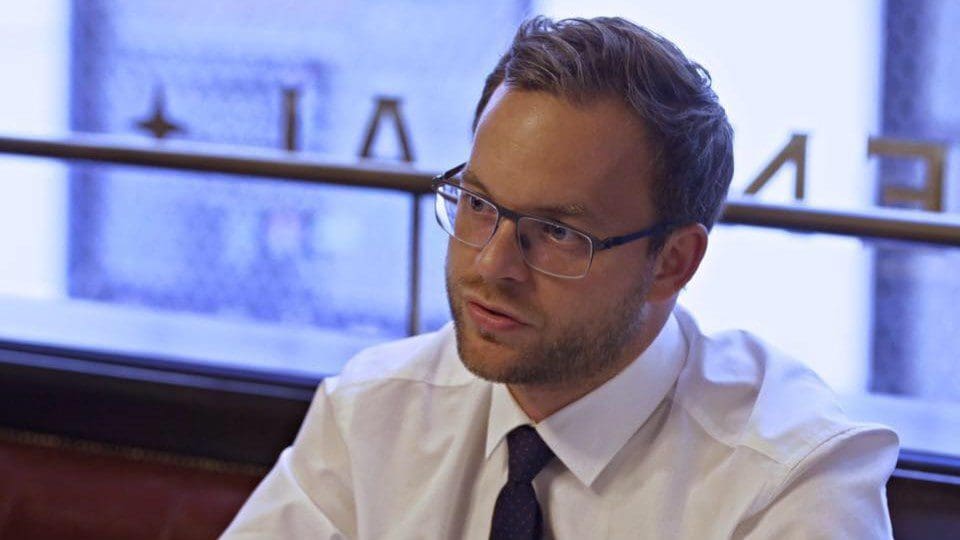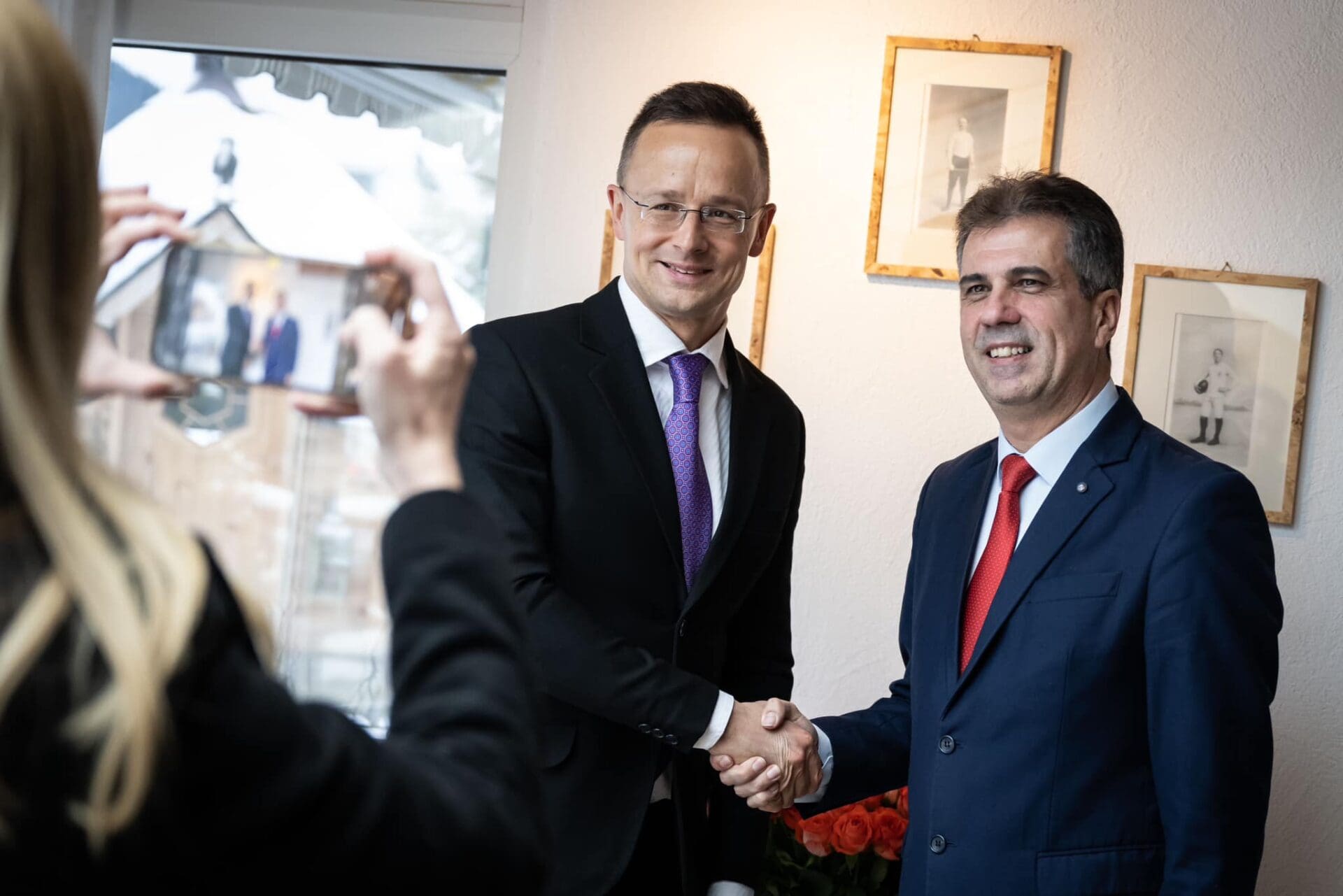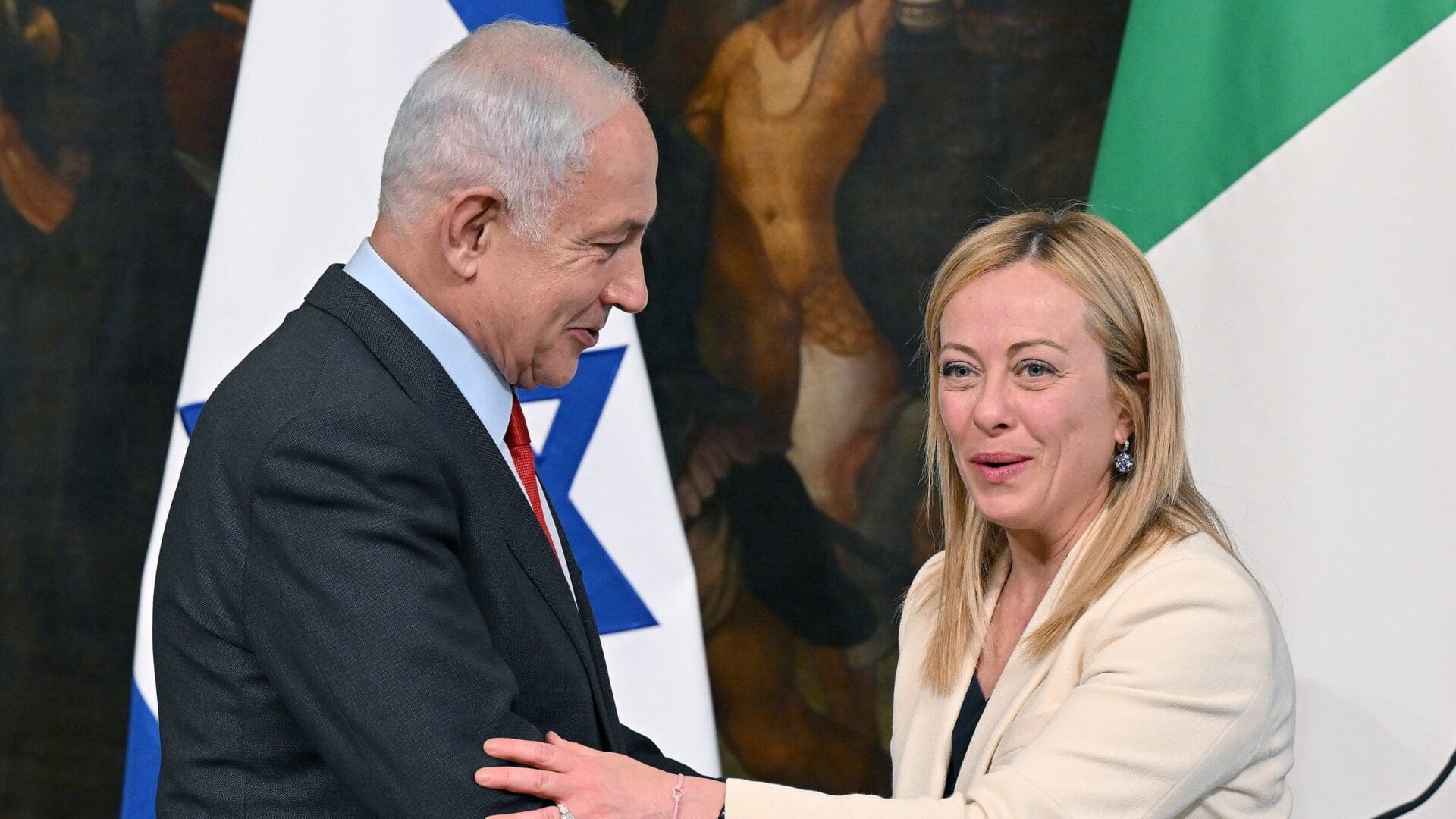
Israel Seeks to Make Italy Europe’s New Gas Hub
While Europe desperately needs new partners to wean itself off Russian gas, by becoming an energy exporter, Israel could reduce its isolation and thaw its icy relations with the EU—something that is even more valuable than export revenues for Jerusalem.

